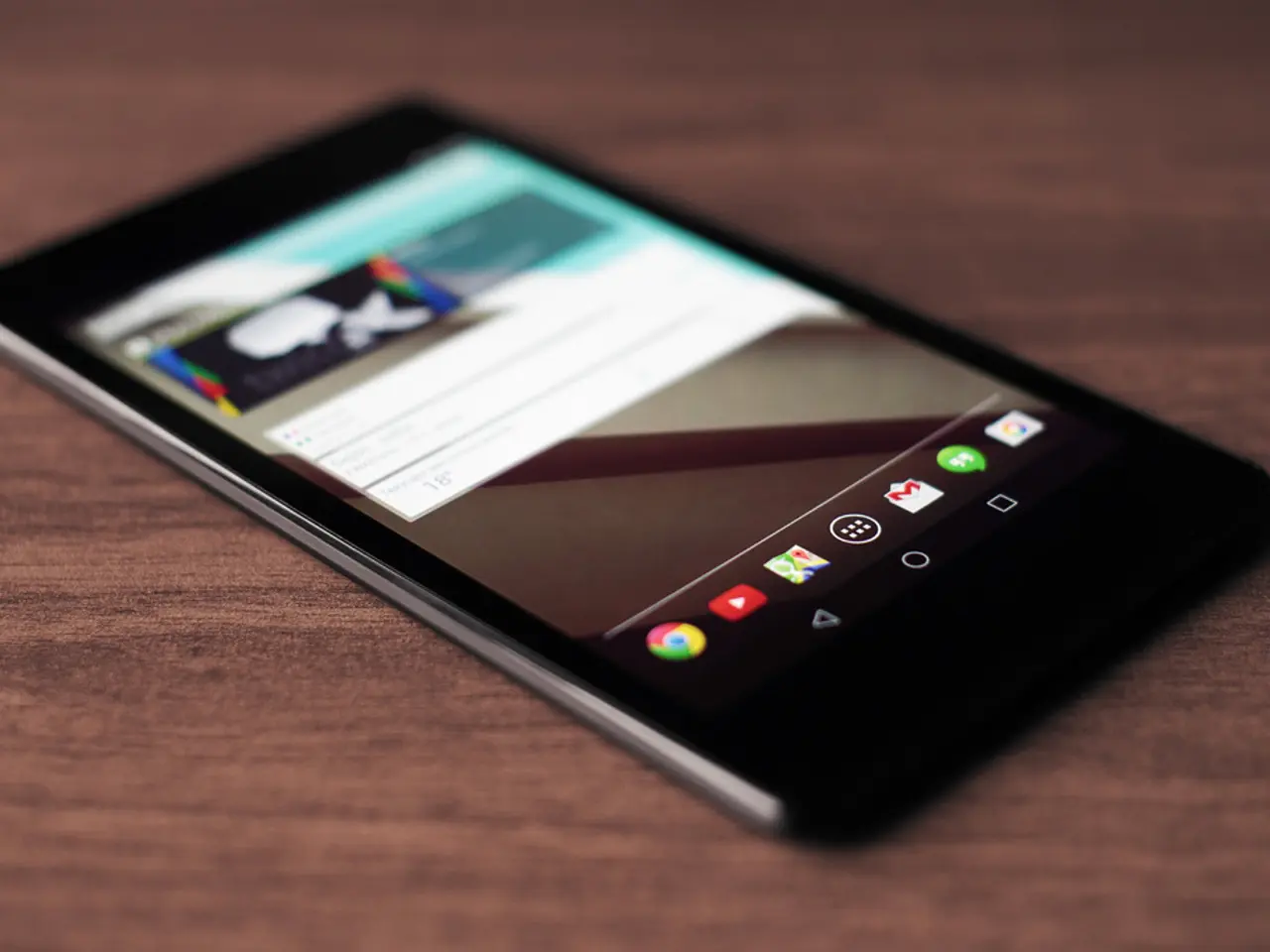Governmental organization ICEA advocates for a 5% Goods and Services Tax (GST) on mobile phones to increase affordability, promote Digital India, and support a vision of generating $500 billion.
In a significant move, Hon'ble Prime Minister Shri Narendra Modi has announced next-generation GST reforms, focusing on rate rationalisation and relief for everyday items. One of the key areas of attention is the mobile phone sector, which has experienced substantial growth over the years.
The India Cellular & Electronics Association (ICEA), representing India's leading mobile and electronics manufacturers, has been advocating for a reduction in the current 18% GST on mobile phones. According to ICEA, this rate is regressive and does not reflect the industry's growth or the essential nature of mobile phones.
Before the implementation of GST, the combined excise and VAT incidence for mobile phones averaged around 6%. This naturally fits the 5% GST slab, which ICEA proposes as a more appropriate rate. Correcting GST on mobile phones will deliver a double dividend by easing the burden on consumers and sustaining India's manufacturing base.
The increased GST rate on mobile phones, from 12% to 18% in 2020, has led to a decrease in annual mobile phone consumption from nearly 300 million units to about 220 million units. This step is vital for scaling towards the Hon'ble Prime Minister's reform agenda and advancing Digital India through universal access.
Mobile phones are considered essential digital infrastructure for education, healthcare, financial inclusion, and governance. ICEA's proposal to classify mobile phones as essential goods aligns with this stance. Affordable devices will broaden access for students, households, and rural users, fostering digital inclusion.
ICEA also urges that accessories and sub-parts be aligned accordingly, removing anomalies and supporting domestic value addition. This move will further boost India's manufacturing sector, which has seen significant growth in recent years.
India's mobile phone production has grown significantly, with production increasing from Rs. 18,900 crore in FY15 to Rs. 5,45,000 crore in FY25. This growth has also led to a rise in exports, with India now being the second-largest mobile phone manufacturer globally, with exports crossing Rs. 2,00,000 crore.
Rising domestic demand for mobile phones will anchor production growth. ICEA urges that mobile phones be treated as essential goods in this exercise, ensuring coherence with the Prime Minister's vision for digital inclusion. This step is not only beneficial for consumers but also for India's growing mobile phone manufacturing sector.
In conclusion, the proposed GST reforms for the mobile phone sector are a step towards easing the burden on consumers, boosting India's manufacturing base, and advancing Digital India through universal access.







